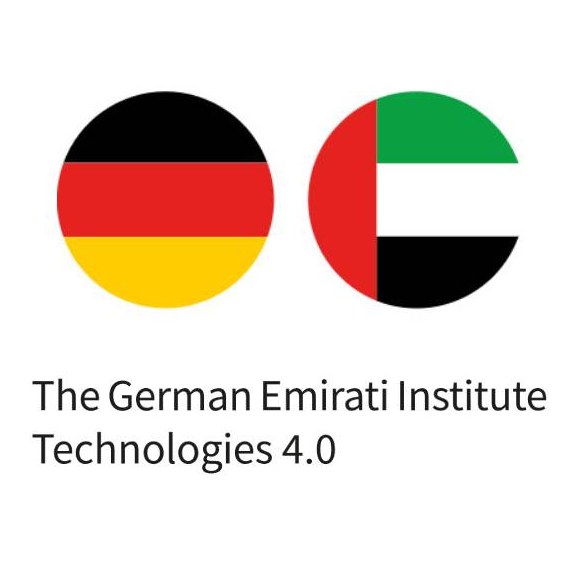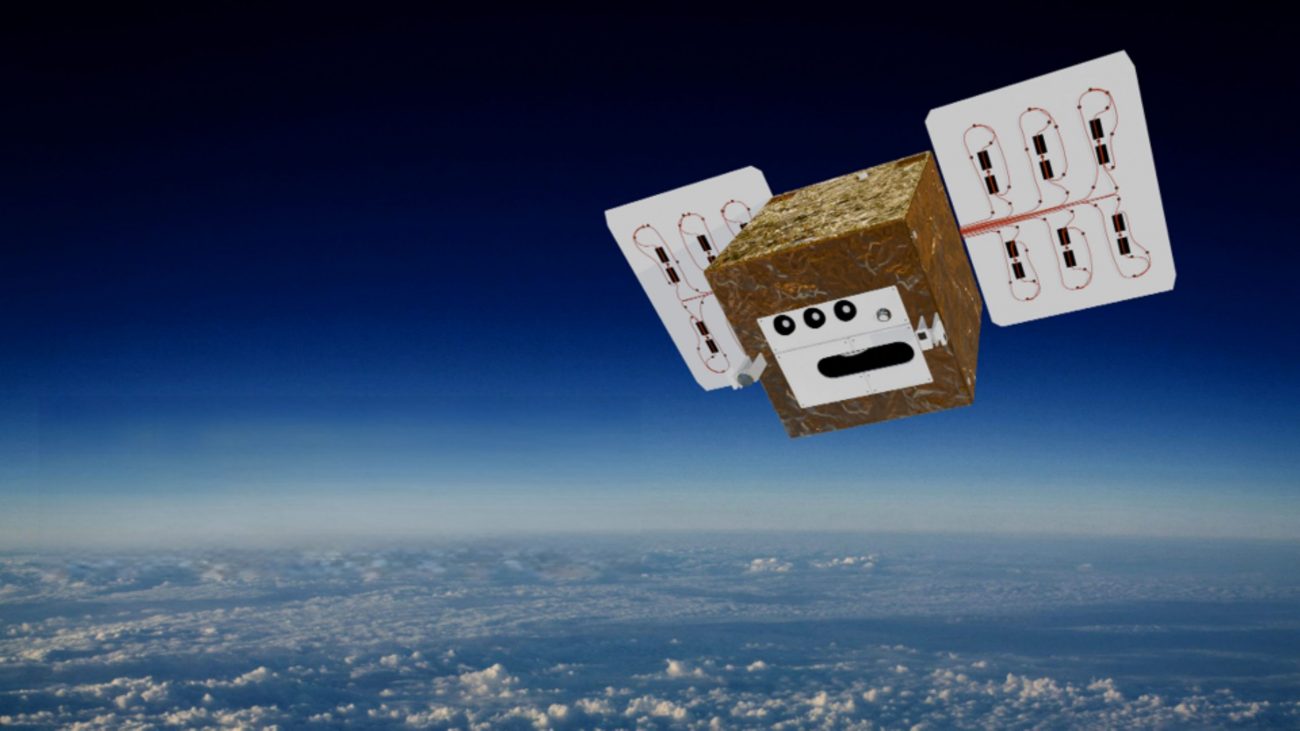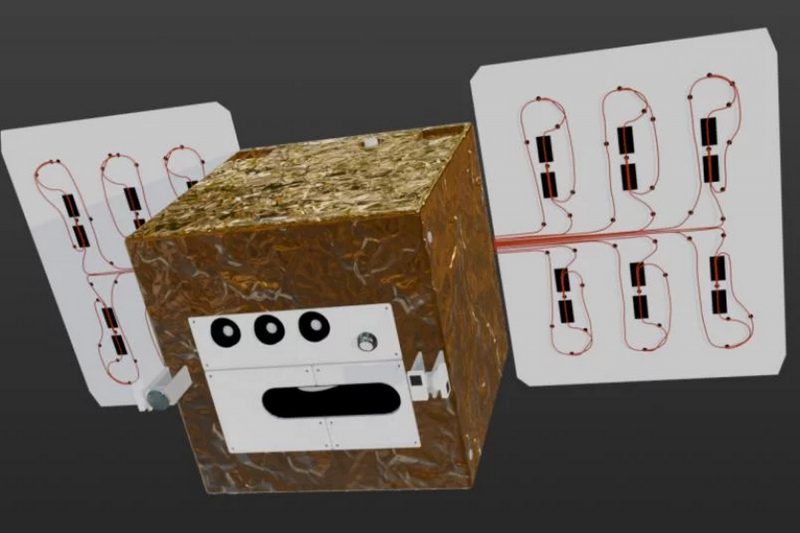On August 29, 2025, a cooperation agreement was signed with the German Emirati Institute (GEI).
As part of the feasibility study “Dynamic Infrared Earth Observation in Inclined Orbit (DIEGOSat),” the GEI, based in Wegberg, is bringing two selected Young Future Professionals (YFP) – students or young professionals from the United Arab Emirates – to Germany to work on the project. The aim is to give the two participants a thorough insight into the project, actively involve them in the project work and thereby make a concrete contribution to the project’s success. At the same time, this exchange is intended to identify and develop potential for future cooperation between North Rhine-Westphalia and the UAE in the field of high technology. Both participants from the UAE are expected to come to North Rhine-Westphalia at the same time for a period of approximately two weeks. The exact dates are yet to be determined.


